Considering Medical School?

-
Financial Aid & Scholarships
Learn about financial assistance programs & scholarships available to osteopathic medical students.
-
Choose DO Explorer
Discover the med school that's right for you! Use our database to filter by location, tuition, deadlines and more.
-
Admissions Requirements
Find out what admissions committees and interviewers are looking for in a prospective medical student.

Prepare for Medical School
This timeline will help you determine what you need to do to prepare for medical school.
-
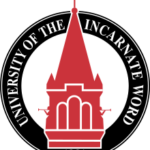 UIWSOM Osteopathic Awareness Programs
UIWSOM Osteopathic Awareness ProgramsMarch 29 to October 23, 2024
Monthly series designed to help and coach prospective medical students in the navigation of the DO admissions process. Attend any or all sessions.
-
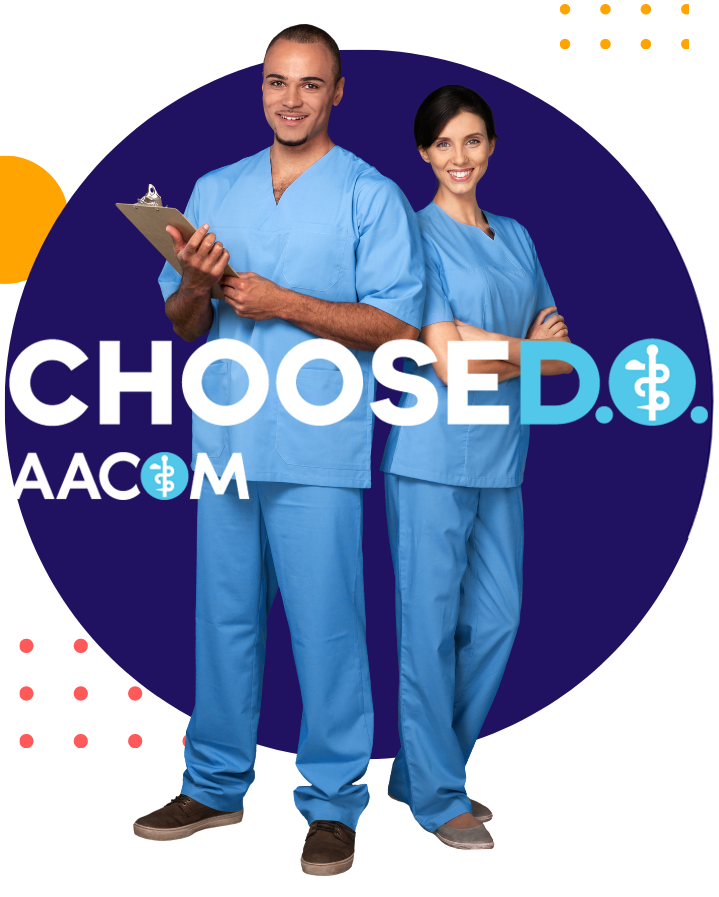 Osteopathic Medical School Recruitment Fair
Osteopathic Medical School Recruitment FairApril 20, 2024 9:00 AM to 3:00 PM
Mark Your Calendar. Get ready to join us on April 20, 2024, for an osteopathic medical school recruitment fair— an exciting event for prospective medical students and their families. Registration for the recruitment fair will open this winter. Stay tuned for updates, and get ready for an inspiring journey ahead!
-
 UIWSOM Campus Tour and Information Session
UIWSOM Campus Tour and Information SessionApril 22, 2024 11:00 AM to 1:00 PM
UIWSOM will be hosting an information session with a tour open to all prospective students interested in learning about our curriculum, community, and coursework.
See What's Happening at U.S. Colleges of Osteopathic Medicine!
Explore the diverse and enriching campus life experiences available across our medical schools. Check out Campus Roundup, AACOM's exclusive weekly column highlighting current DO student and college activities.
.png?sfvrsn=abccf10a_0)
Pre-Health Advisors
Find the tools and resources you need to help your students get into the college of osteopathic medicine of their choice.
-
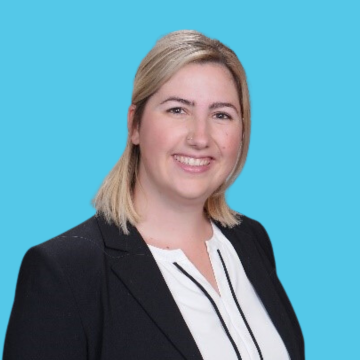 Interested in Primary Care? This Scholarship Is for You!
Interested in Primary Care? This Scholarship Is for You!October 18, 2023
As an osteopathic medical student intending to apply to Family Medicine, I am beyond grateful to participate in the National Health Service Corps (NHSC) Scholarship Program, and highly recommend it to anyone who wants to work in primary care.
-
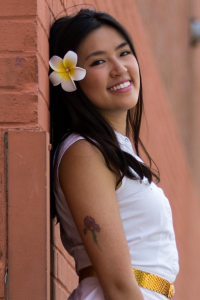 Bridging the East and West Through Osteopathic Medicine
Bridging the East and West Through Osteopathic MedicineAugust 09, 2023
Sandra Kumwong, second-year osteopathic medical student, shares how she realized choosing DO was right for her, blending her background and values.
-
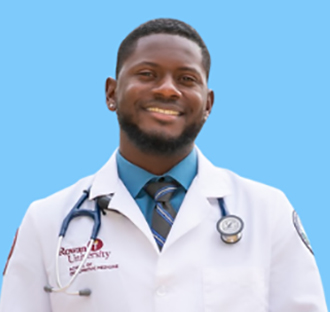 My Suggestion to Pre-Med Students: Tell Your Story
My Suggestion to Pre-Med Students: Tell Your StoryFebruary 01, 2023
We spoke with Dr. Campbell about his reasons for choosing DO and asked him to share his words of wisdom to help future physicians as they begin the strenuous medical school application process.










